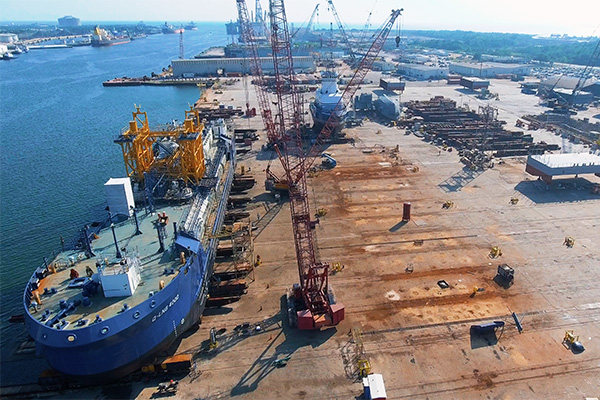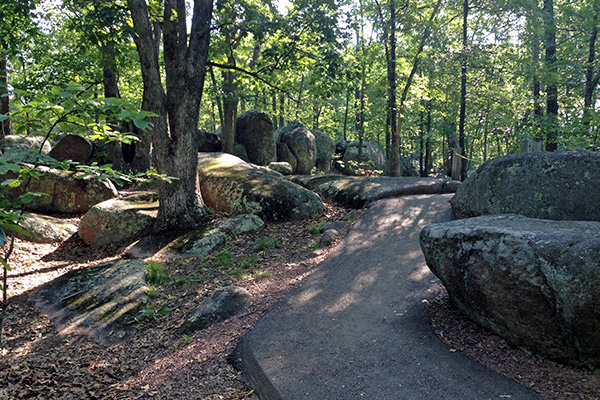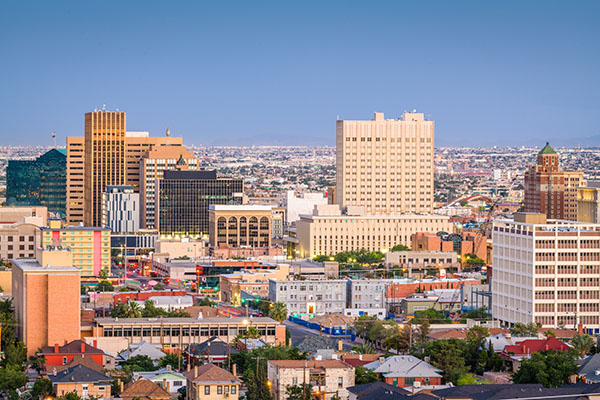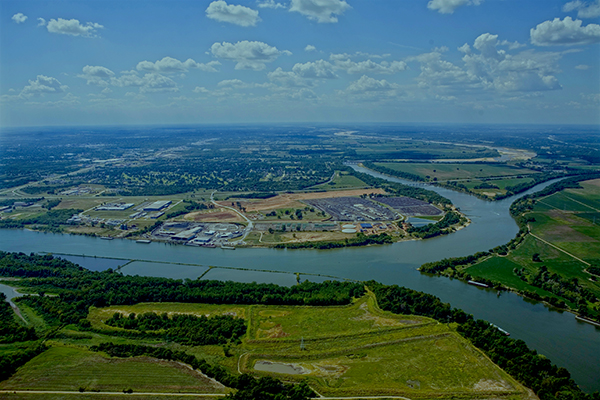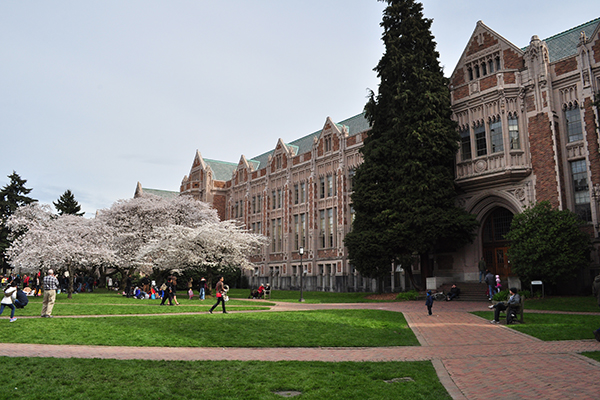Jackson County Economic Development Foundation (MS) – Strategic Innovation Plan
Challenge Jackson County, Mississippi—one of the leading industrial centers along the Gulf Coast—has shown remarkable resiliency in the face of numerous challenges to its economic stability, including major storm events and economic upheavals associated with the COVID-19 pandemic. The leadership’s commitment to economic growth has paid dividends, as evidenced by […]
